Whether you are a Pikes Peak State College student or employee, know that when we
talk about inclusion, we are talking about you.
When we talk about creating a more equitable and welcoming culture, we will look to
you as the co-creator.
We all have a role to play in this exciting and essential work, with the goal of equitable outcomes, and a higher level of student success across the board.
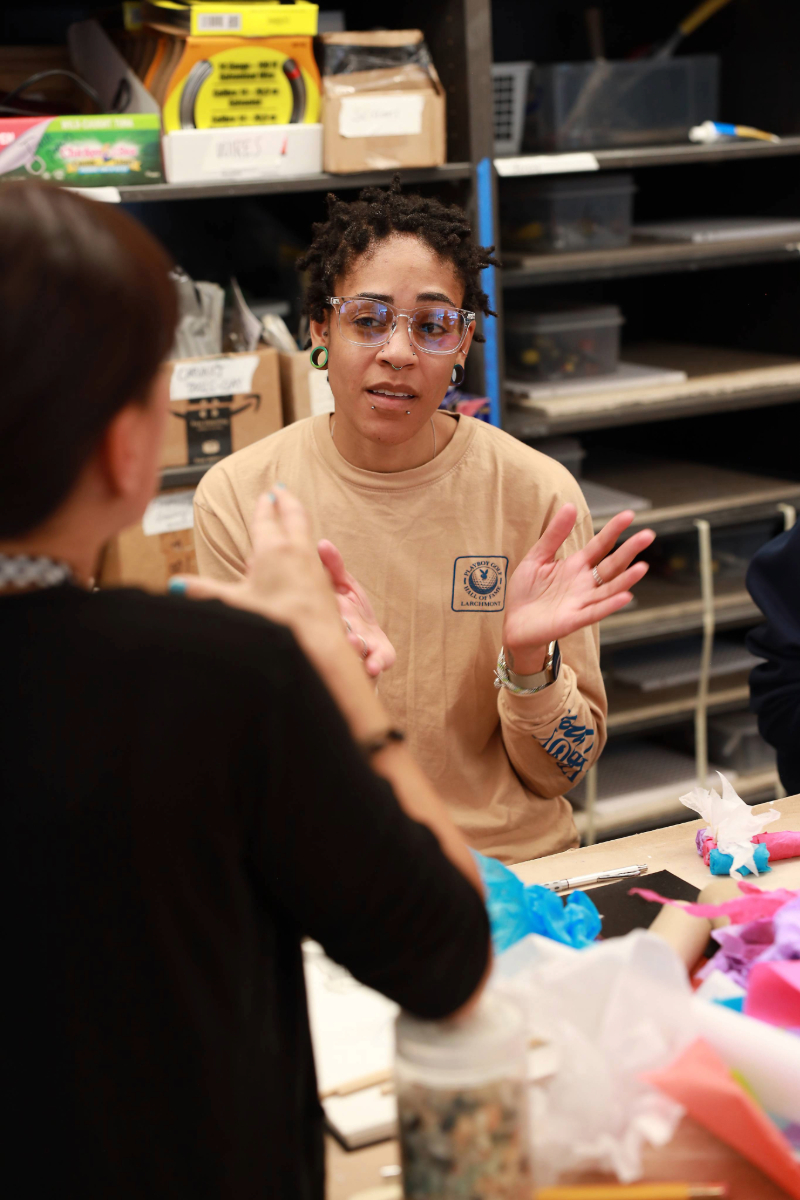
Pikes Peak State College acknowledges the original stewards of the land that our institution occupies. The Ute, the Cheyenne, the Arapaho, and many other First Nations People have unique relationships with this land and nearby land formations they revere as sacred. We recognize and respect their continuous presence in the shadow of the mountain for which PPSC is named. The ancestral Ute name is Tava which means Sun Mountain.
By acknowledging the horrific stories around the dispossession of these lands and the consequential inequities, we understand our privilege is not without consequence. PPSC is actively engaged in supporting the Native American community of the Colorado Springs region with educational opportunities and supportive measures to be successful. Together, we celebrate and honor the historical and contemporary contributions of Native Americans to Colorado Springs’ thriving culture.
Mission: To advance equity through cultural humility, intentional curriculum, practices, and programming. We cultivate an inclusive and affirming environment by advancing socially just practices fostering a culture of equity, inclusivity, and belonging celebrating human dignity.
Vision: To empower everyone at PPSC through inclusive practices and initiatives upholding a campus environment that honors lived experiences, reveres human dignity, and endures success for all fostering social justice and an affirming, welcoming environment.
Dr. Enrique Romo, Ph.D., MBA
Vice President for Student Experience and Equity
Centennial Campus - A-324
5675 S. Academy Blvd.
Colorado Springs, Colorado
Office: (719)-502-2014
Enrique.Romo@PikesPeak.edu
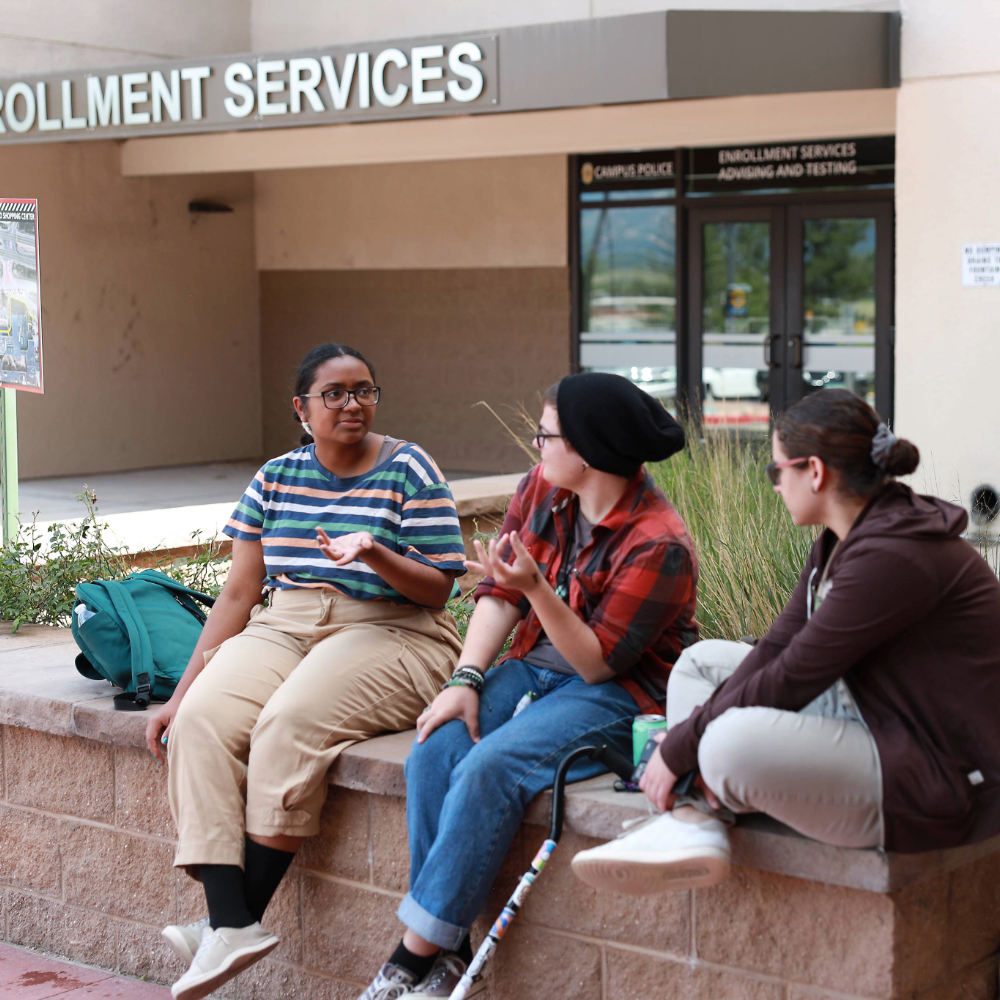
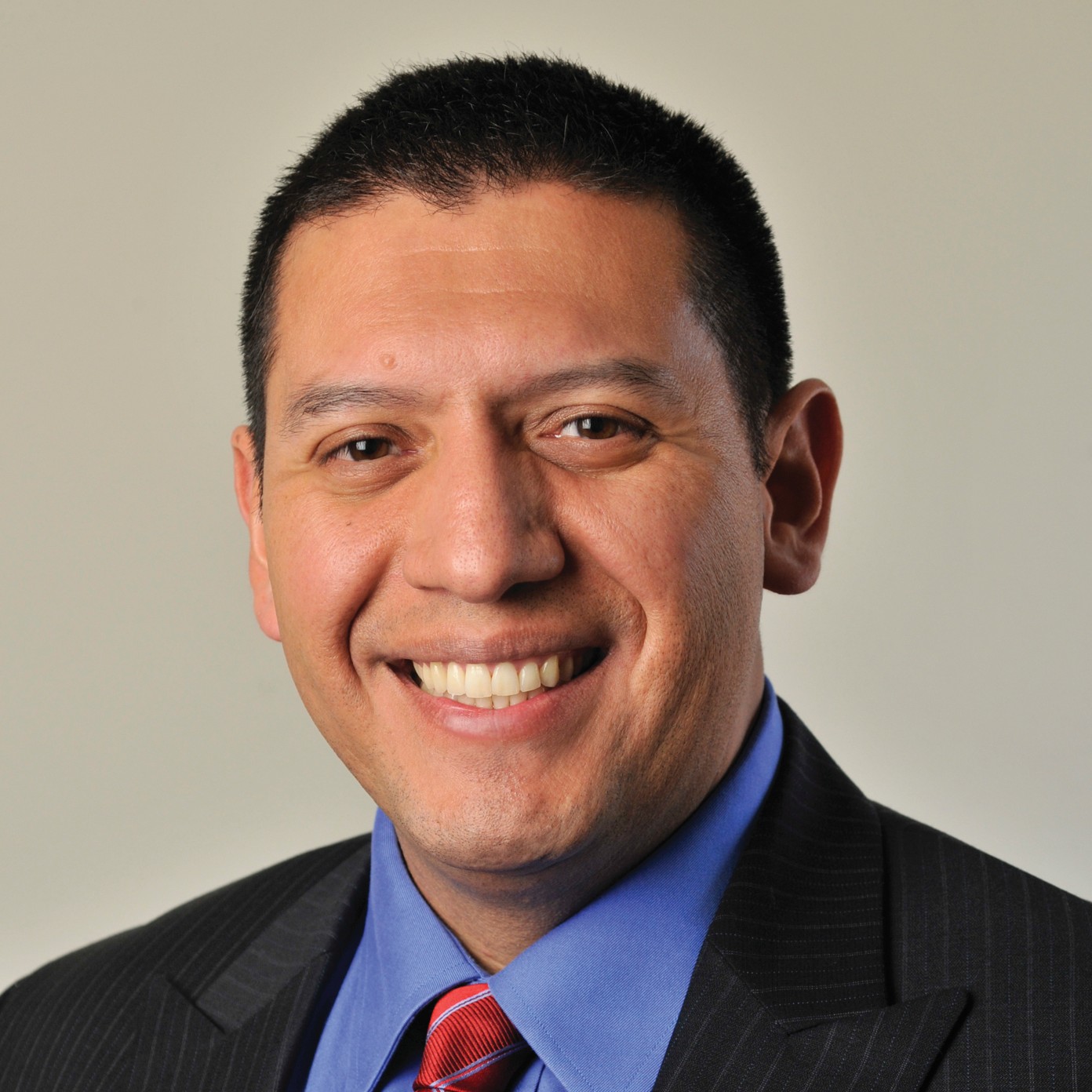
As a lifelong student myself, I focus on creating inclusive and welcoming co-curricular environments for all students, with particular emphasis on historically excluded populations. As the Vice President for Student Experience and Equity, I oversee Student Experience and Leadership, Single Stop, The Canvas Community Food Pantry, Commencement, and Counseling Services, while also providing the college community with direction, support, and resources related to equity.
View Student Experience and Equity Org Chart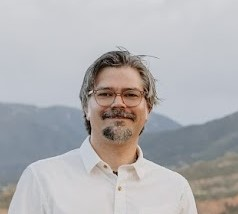
Being the first in my family to attend college, I spent one year at a community college then transferred to Northern Illinois University where I earned a Bachelor of Arts in History. I have held various roles in higher education, including leadership positions as an Enrollment Manager, Campus Director, Program Director, and Faculty Manager. As Assistant to the Vice President and Commencement Coordinator, I provide administrative support for division initiatives and serve as the lead event planner and project manager for PPSC's commencement ceremony.
Learn More About Commencement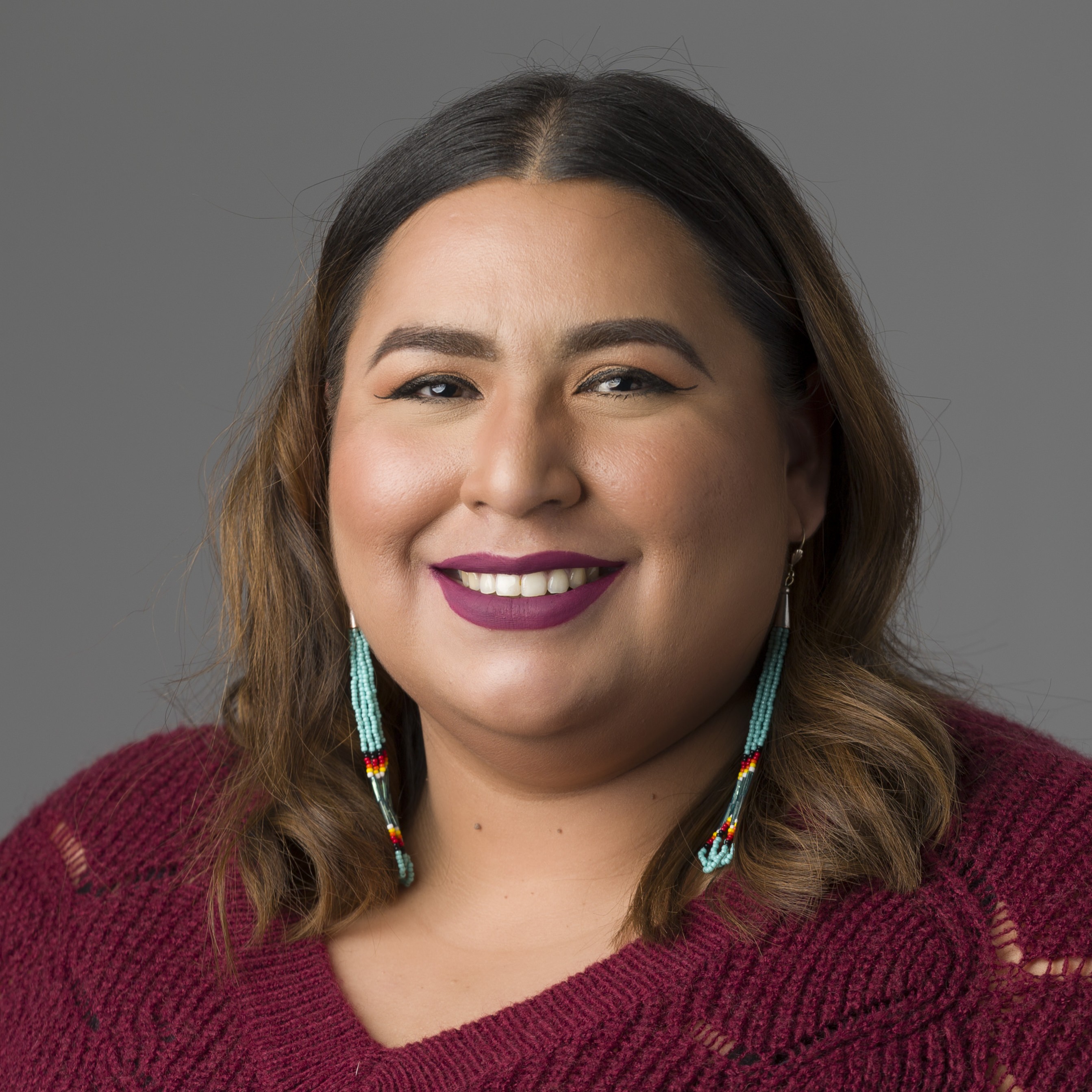
Starting as a student activist and organizer, I have been a fierce student advocate for 15 years. I am a first-generation scholar and proud daughter of Mexican immigrants. I started working at PPSC in the Spring of 2024 and have enjoyed creating transformational spaces and opportunities alongside my student staff and colleagues. In my free time, I enjoy watching WWE, horror/ fantasy/ superhero movies, tv, crafts, painting, cooking, and spending time with my partner and my dog Benito (named after Bad Bunny and Benito Juarez).
Learn More about Student Engagement & Leadership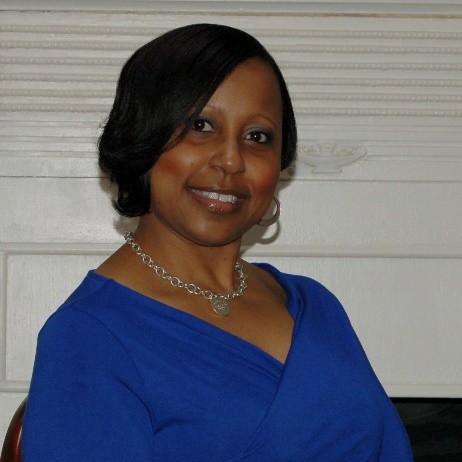
I am a Licensed Professional Counselor, a National Board-Certified Counselor, and a Certified Addiction Counselor. I have been the Director of the Counseling Center for 14 years and the Chair of our Behavioral Intervention Team. I am the CEO/Owner of a mental health service non-profit organization called Empowering Minds Nurturing Souls Inc., and I also have a private practice providing mental health services to people in Colorado Springs.
Learn More About the Counseling Center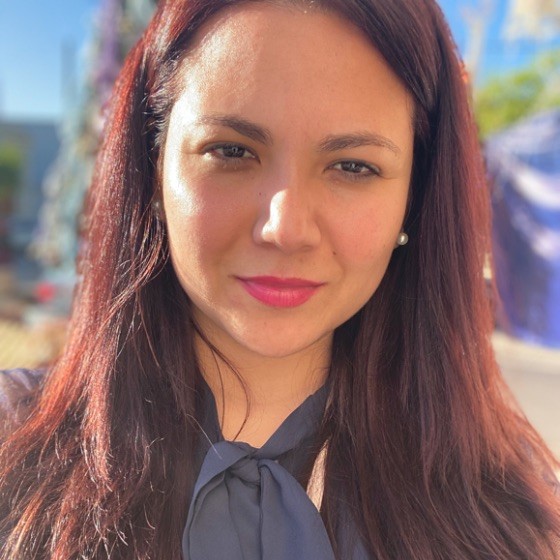
I have over ten years of experience working in higher education settings. I am passionate about advocating for students and removing barriers to education I am the proud daughter of Mexican immigrants, and I hold a Bachelor of Science in Sociology with an emphasis in Criminology and a Bachelor of Arts in Spanish with a minor in Italian.
Learn More about Basic Needs Assistance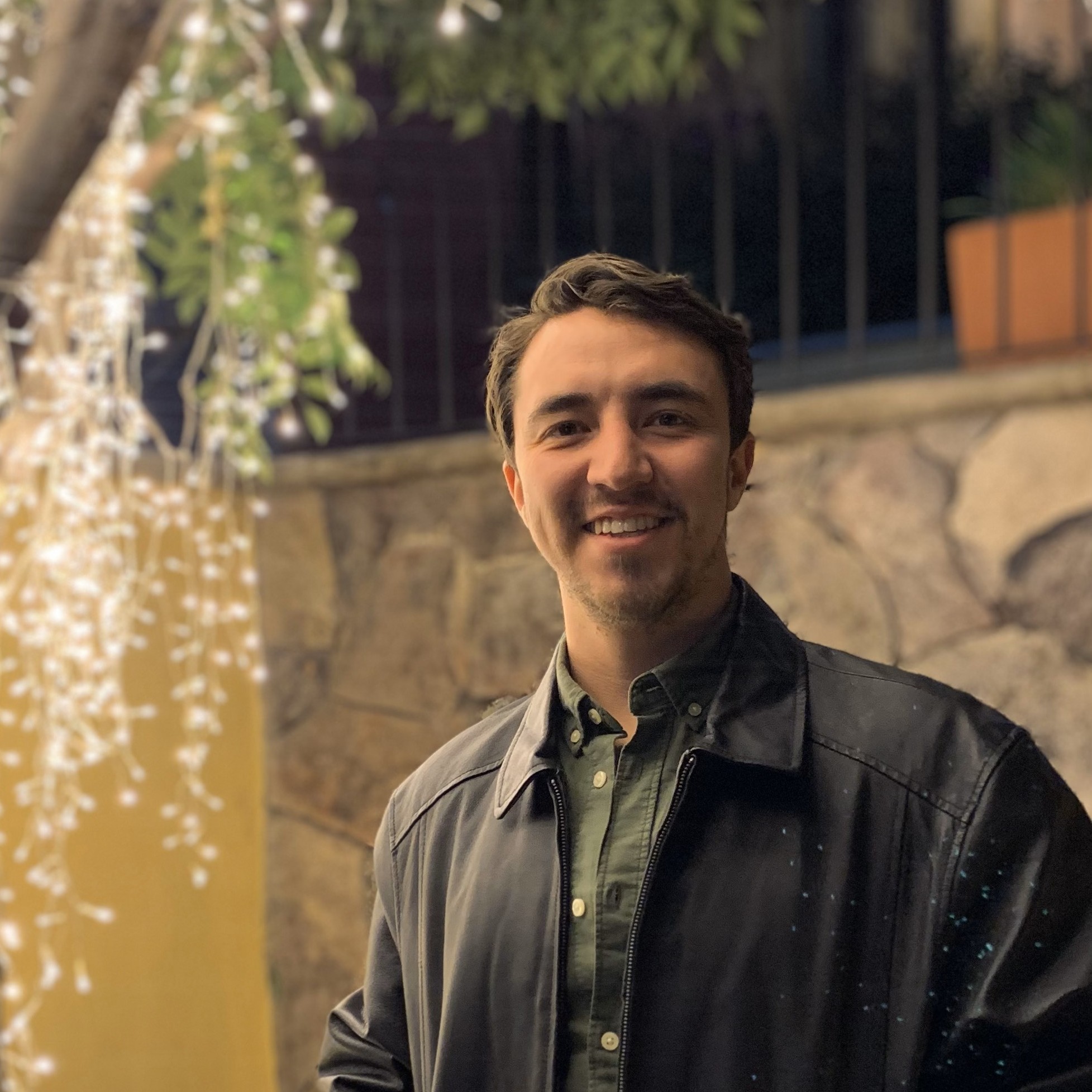
I am a Mexican American born and raised in the San Luis Valley in Southern Colorado before attending the University of Colorado Colorado Springs. I went on to earn an MFA from the University of Southern California in Film and & TV production. Passionate about storytelling and uplifting marginalized people, I am currently the Hispanic Serving Institution Coordinator at Pikes Peak State College.
Learn More About Hispanic Serving Institutions
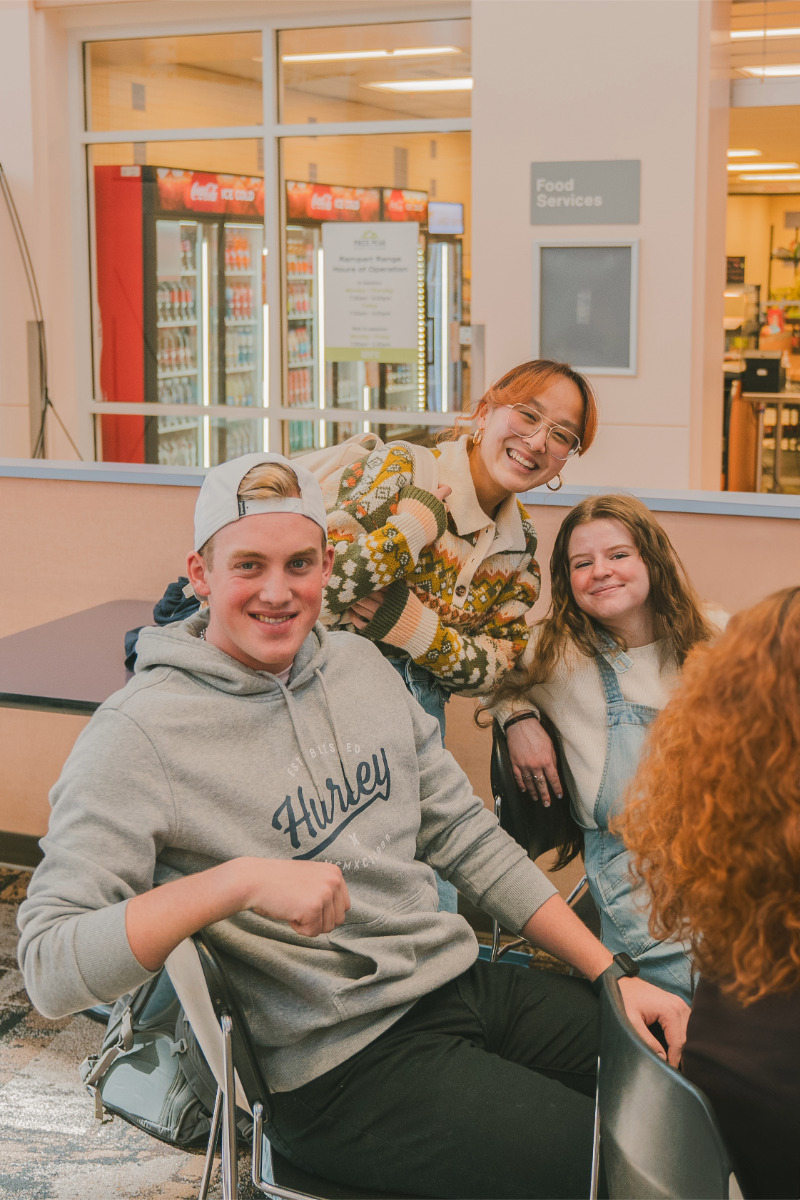
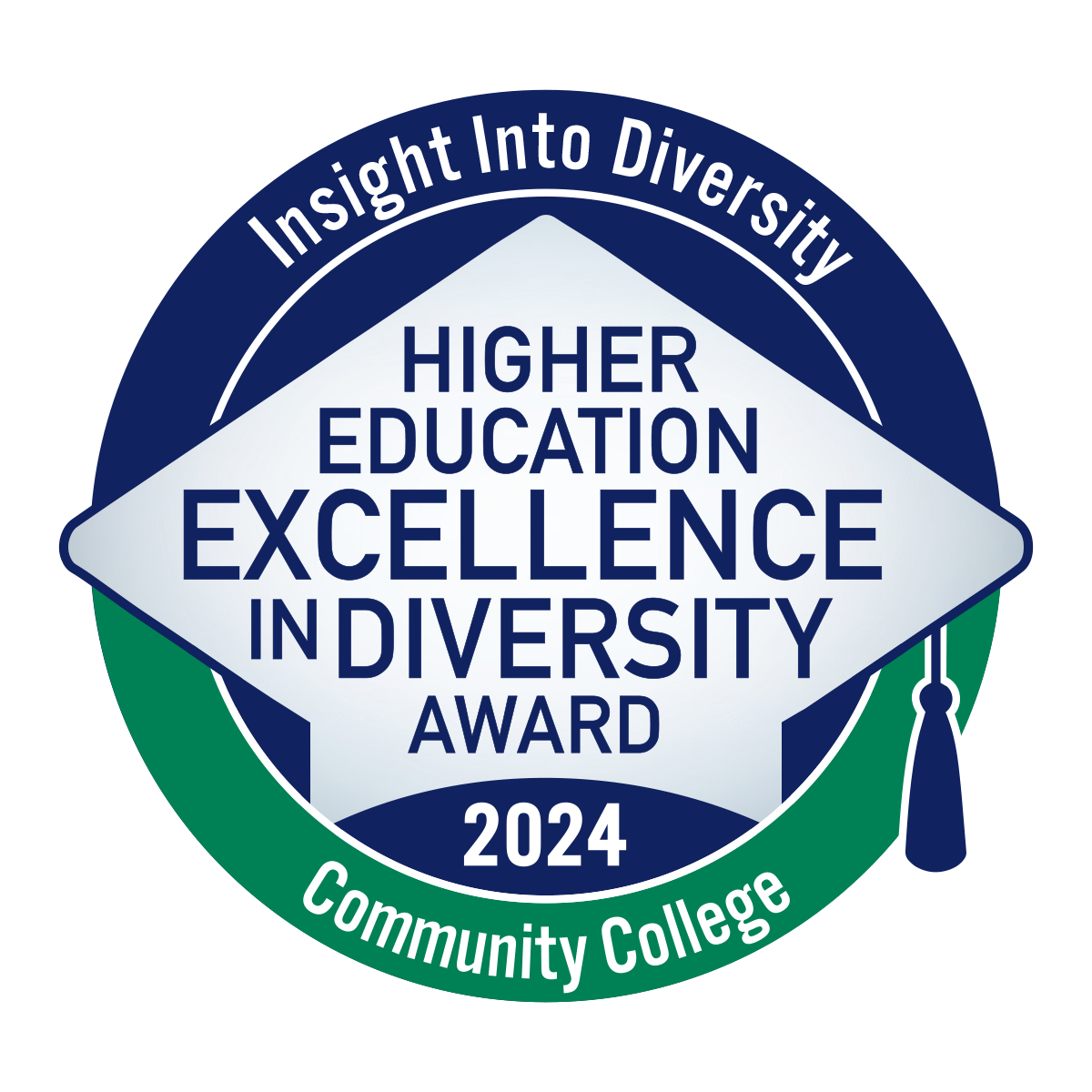
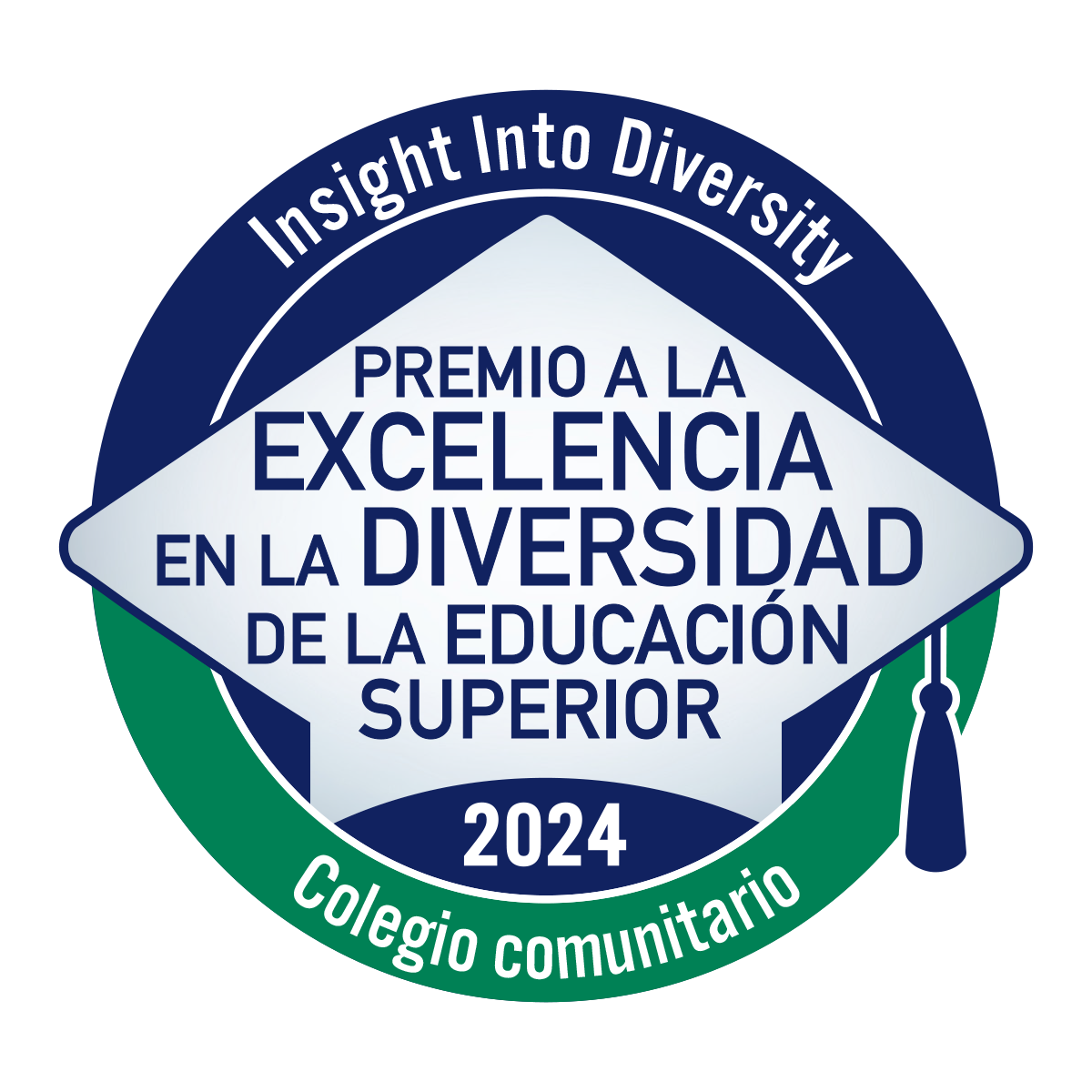
Pikes Peak State College has received the Higher Education Excellence in Diversity (HEED) Award from INSIGHT Into Diversity magazine the following years:
The INSIGHT Into Diversity Higher Education Excellence in Diversity (HEED) Award recognizes colleges and universities that demonstrate an outstanding commitment to diversity and inclusion.
Pikes Peak State College was awarded the a Military Friendly® Schools distinction the following years:
PPSC received the Military Time Best for Vets: Colleges recognition the following years:
PPSC has also been awarded the Designated Friendly distinction (Military Spouse) for our exception military and veteran programs and service to military spouses the following years:
Hispanic Serving Institutions – or HSIs – are colleges or universities where Hispanic students comprise at least 25% of the full-time equivalent student body, according to the U.S. Department of Education.
The designation acknowledges institutions whose average first generation resident undergraduate student population equals or exceeds the statewide average first generation undergraduate student population for three years (using the most recent available data).
Learn more about our First Generation-Serving Institution Designation
The Pikes Peak State College Marketing and Communications Department received an American Advertising Federal Colorado Springs 2020 Addy Mosaic Award in March 2021. This award recognizes work that promotes diversity and inclusion. PPSC won for a video spot featuring the Jaramillo family.
2021
2020
2019
2018
2017
PPSC’s 2023-2028 Strategic Plan recognizes how diversity enriches lives and educational experiences. The Plan embraces equity as a core value central to its mission to “provide high quality, educational opportunities to all with a focus on student success and community needs. As such, Strategic Goal 3, “Commit to Inclusive Excellence and Closing Equity Gaps by Embedding the Equity and Inclusion Strategic Plan into College-Wide Practices,” and its associated strategies illustrate PPSC’s commitment to addressing its role in a diverse, multicultural society that is globally connected.
Following the adoption of the 2023-28 strategic plan, the PPSC Division of Student Experience and Equity (SEE), which was established in 2023 developed its own Diversity, Equity, Inclusion, and Belonging (DEIB) vision and mission statements in support of Strategic Goal 3.
Student Experience and Equity's alignment with PPSC's Strategic Goal 3 includes the following strategies:
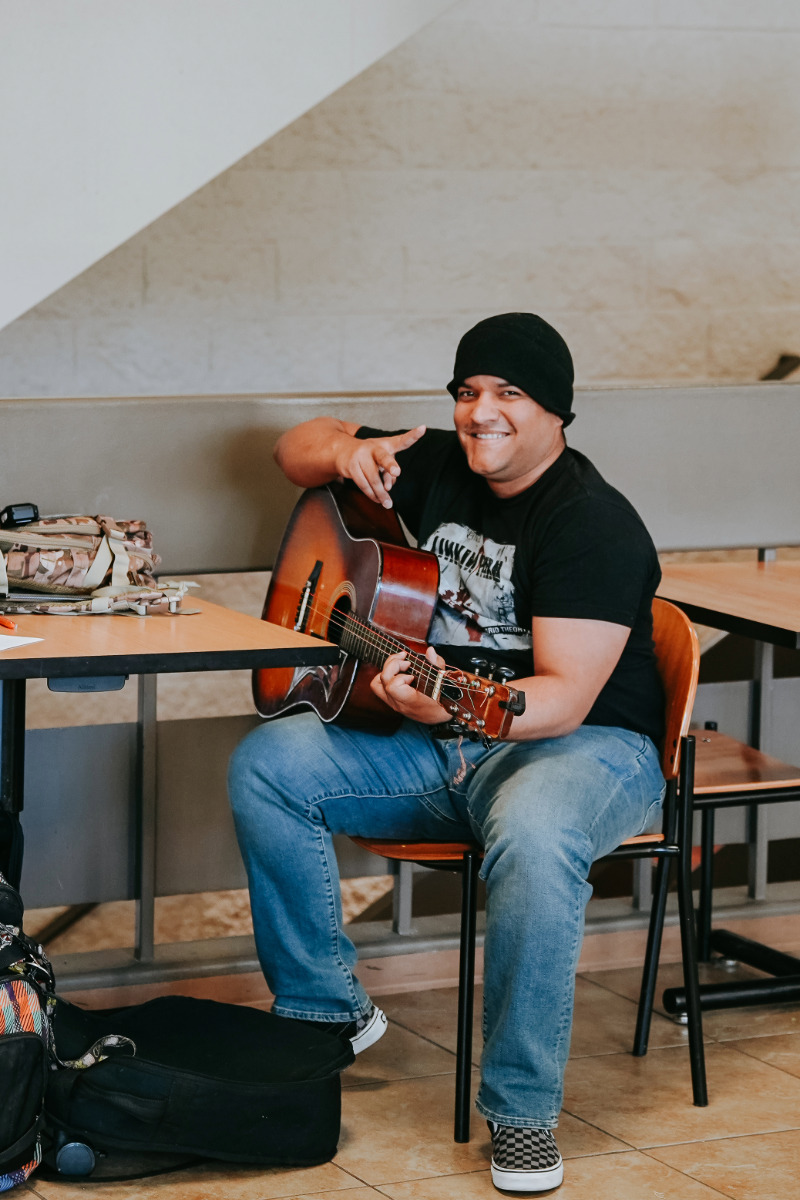
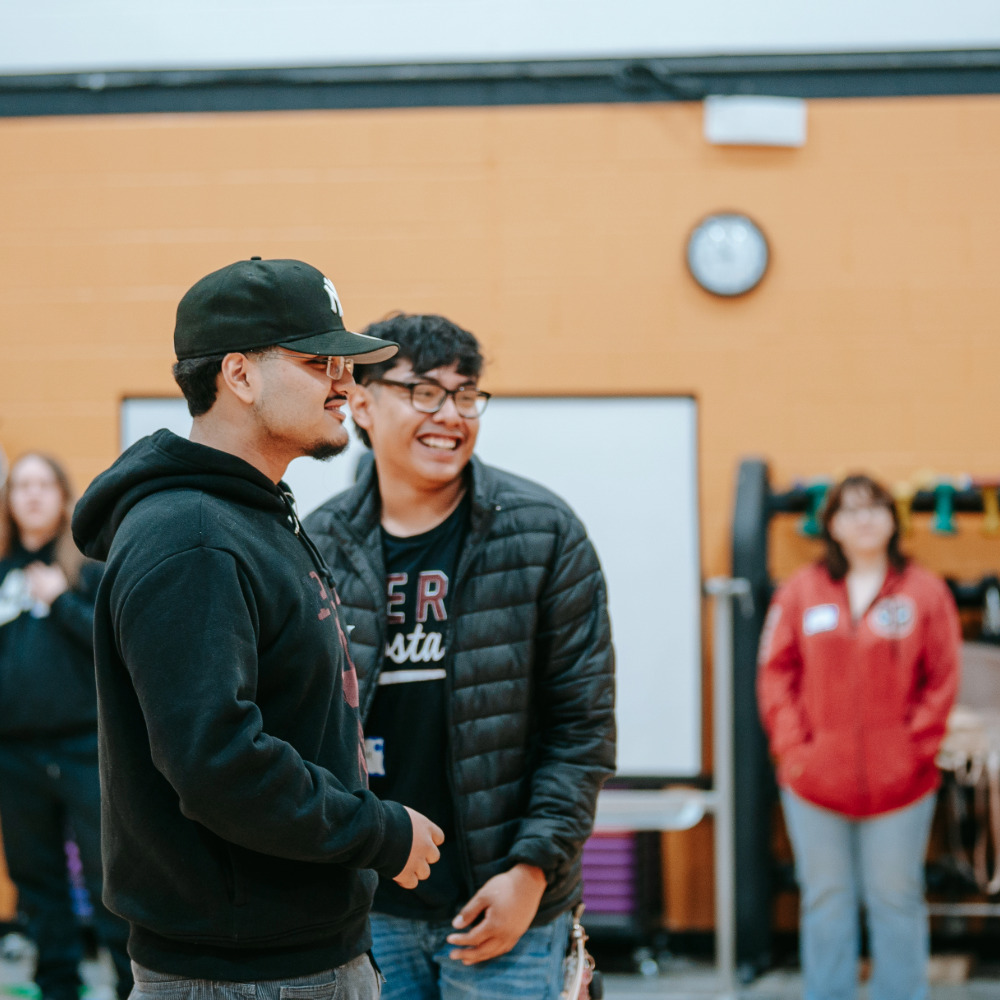
Pikes Peak State College Honors Veterans with Week-Long Celebration
Canvas Credit Union Named Official Credit Union of Pikes Peak State College
Pikes Peak State College Proudly Hosts Dr. Opal Lee, the esteemed Grandmother of Juneteenth
Engaging Colorado Springs: Black Student Union Sponsors Black History Month Celebration
Pikes Peak State College makes "Best for Vets: Colleges" list
Pikes Peak State College gives land acknowledgement statement
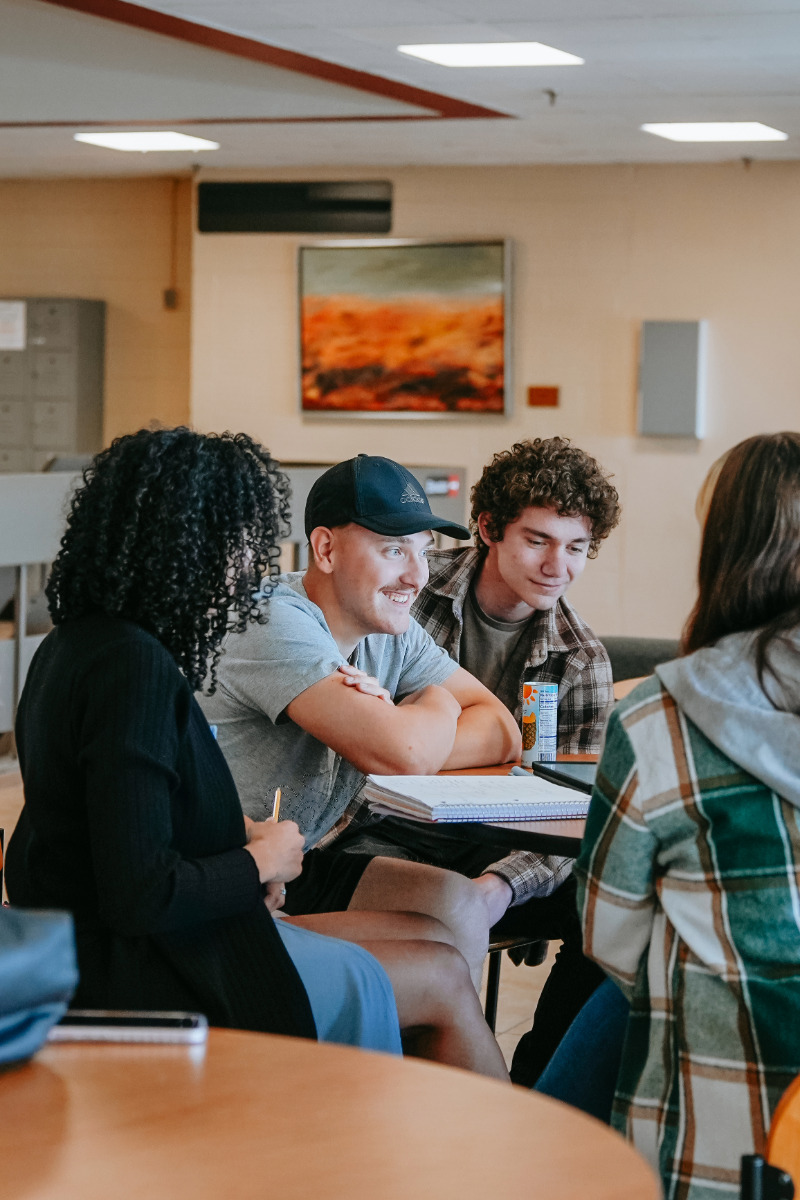
Individual differences (e.g., personality, learning styles, and life experiences) and group/social differences (e.g., race/ethnicity, class, gender, sexual orientation, country of origin, and ability as well as cultural, political, religious, or other affiliations). Association of American Colleges & Universities, 2016
NOTE: Group and social differences are manifested in various forms among our administration, faculty, staff, and students including but not limited to: differences of gender, sex, race, ethnicity, religion, age, nationality, sexual orientation, gender identity, gender expression, language, work classification, military service, socio-economic status, and ability.
Cultural competence is having an awareness of one’s own cultural identity and views about difference, and the ability to learn and build on the varying cultural and community norms of students and their families. It is the ability to understand the within-group differences that make each student unique, while celebrating the between-group variations that make our country a tapestry. This understanding informs and expands teaching practices in the culturally competent educator’s classroom. National Education Association, 2015
The creation of opportunities for historically underrepresented populations to have equal access to and participate in educational programs that are capable of closing the achievement gaps in student success and completion. Association of American Colleges & Universities, 2016
The active, intentional, and ongoing engagement with diversity—in the curriculum, in the co-curriculum, and in communities (intellectual, social, cultural, geographical) with which individuals might connect—in ways that increase awareness, content knowledge, cognitive sophistication, and empathic understanding of the complex ways individuals interact within systems and institutions. Association of American Colleges & Universities, 2016
An educational reform that strives to increase the engagement and motivation of students of color who historically have been both unsuccessful academically and socially alienated from their public schools. Vavrus, 2008, p. 49
The definition consists of four primary elements:
According to Marilyn Cochran-Smith, a leading scholar in education, a social justice framework is one that:
"Actively addresses the dynamics of oppression, privilege, and isms, and recognizes that society is the product of historically rooted, institutionally sanctioned stratification along socially constructed group lines that include race, class, gender, sexual orientation, and ability (among others). Working for social justice means guiding others and being guided in critical self-reflection about the socialization into the matrix of unequal relationships and its implications, analysis of the mechanisms of oppression, and the ability to challenge these hierarchies."
Basically, a social justice framework is a way of seeing and acting aimed at resisting unfairness and inequity while enhancing freedom and possibility for all. It pays primary attention to how people, policies, practices, curricula, and institutions may be used to liberate rather than oppress those least served by our decision making. Sensoy, O. & DiAngelo, R., 2009
Unity is being together or at one with someone or something. It's the opposite of being divided.
1. - n. An undivided or unbroken completeness or totality with nothing wanting. Vocabulary.com, 2017
Fairness is the quality of making judgments that are free from discrimination.
1.A. - n. Conformity with rules or standards, 1.B. - n. Ability to make judgments free from discrimination or dishonesty. Vocabulary.com, 2017
When you value something, you consider it important and worthwhile.
1. - n. The quality (positive or negative) that renders something desirable or valuable. Vocabulary.com, 2017
Belonging is a sense of fitting in or feeling like you are an important member of a group.
1. - n. Happiness felt in a secure relationship. Vocabulary.com, 2017